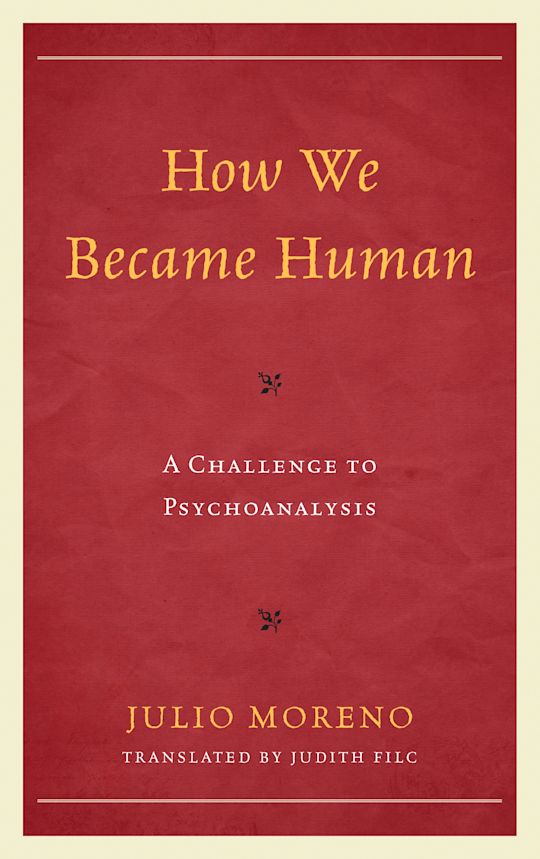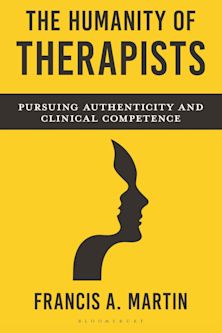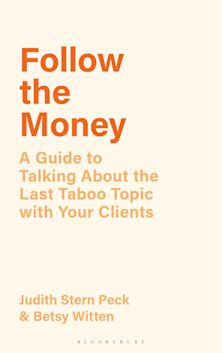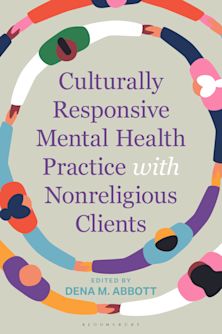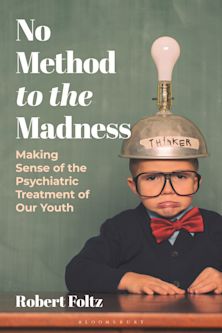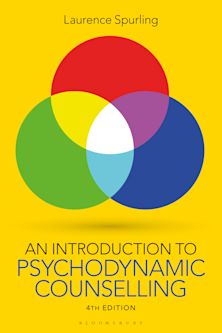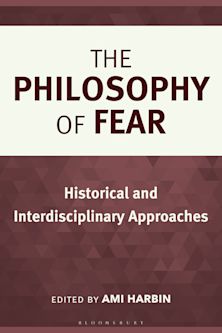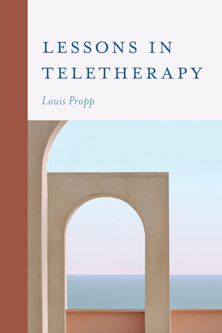- Home
- ACADEMIC
- Psychology
- Psychotherapy & Counselling
- How We Became Human
This product is usually dispatched within 1 week
- Delivery and returns info
-
Free CA delivery on orders $40 or over
You must sign in to add this item to your wishlist. Please sign in or create an account
Description
How We Became Human: A Challenge to Psychoanalysis tackles the question of what distinguishes human beings from other animals. By interweaving psychoanalysis, biology, physics, anthropology, and philosophy, Julio Moreno advances a novel thesis: human beings are faulty animals in their understanding of the world around them. This quality renders humans capable of connecting with inconsistencies, those events or phenomena that their logic cannot understand. The ability to go beyond consistency is humans’ distinctive trait. It is the source of their creativity and of their ability to modify the environment they inhabit. On the basis of this connective-associative interplay, Moreno proposes a new approach to the links human beings create amongst themselves and with the world around them. This theory focuses on a key question: What is the difference between human beings and the other animals? From this perspective, Moreno seeks to reformulate many of the classic psychoanalytic, psychological, and anthropological postulates on childhood, links, and psychic change.
Table of Contents
Preface
Chapter 1: Humanness
Chapter 2: Virtual Reality
Chapter 3: Connection and Association
Chapter 4: The Link I: Theory
Chapter 5: The Link II: Manifestations
Chapter 6: Belief
Chapter 7. Childishness
Chapter 8: Childishness II: The History of Childhood and Toys
Chapter 9: The Emergence of Humanness
Chapter 10: The Biological History of the Parent-Child Link: Childrearing Strategies
References
Index
About the Author
Product details
| Published | Mar 06 2014 |
|---|---|
| Format | Hardback |
| Edition | 1st |
| Extent | 210 |
| ISBN | 9781442228856 |
| Imprint | Rowman & Littlefield Publishers |
| Dimensions | 237 x 158 mm |
| Series | The Library of Object Relations |
| Publisher | Bloomsbury Publishing |
About the contributors
Reviews
-
This English translation of Moreno's idiosyncratic and demanding reading of what it means to be human, originally published in Spanish in 2002, will repay the Anglophone who makes the effort to follow its multiple trajectories of thinking. A psychoanalyst based in Argentina, Moreno covers an impressive terrain of ideas, all tied. . . .to the question of how humanness differs from animalness and how humans' understandings of their world are, in the end, faulty. Ranging across the disciplines of psychology, biology, philosophy, anthropology, and physics, Moreno situates the strengths and deficiencies of Freudian metapsychology. Students of psychoanalysis and psychology, especially those interested in problems related to child analysis and treatment, will find this book rewarding. Not a book easily compared with others, Moreno's speculative treatment of what is human about humans is an important contribution to the more generally defined, and growing, turn back to humanism. Summing Up: Recommended. Graduate students, researchers, faculty, professionals.
Choice Reviews
-
This lucid and deep, simple and complex book raises a basic question: What is human about humans? Equipped with a solid training as a researcher and a psychoanalyst, Moreno daringlyties research from a variety of fields, from ethology to psychoanalysis, from logic to neurophysiology, from anthropology to computer science and virtual reality—resulting in a very broad outlook that How We Became Human encompasses in a careful and accomplished manner.
Horacio Etchegoyen, MD, former president of the International Psychoanalytical Association
-
The Argentine psychoanalyst Julio Moreno has written an intellectual tour de force that is breathtaking in the scope of its knowledge and challenging in the complexity of its arguments. Starting from his unique view of what makes us human, Moreno returns to examine some of Freud’s basic assumptions and, from an entirely new perspective, sheds light on the clinical situation today. His book is essential reading for Freud scholars.
Fred Busch, PhD, Boston Psychoanalytic Society and Institute
-
Drawing with equal facility from his training in biophysics, neurobiology, and psychoanalytic practice, Julio Moreno deftly explores how we became human. The result is a richly entertaining book that makes for fascinating reading. Highly recommended.
Antonino Ferro, MD, past president, Italian Psychoanalytic Society








